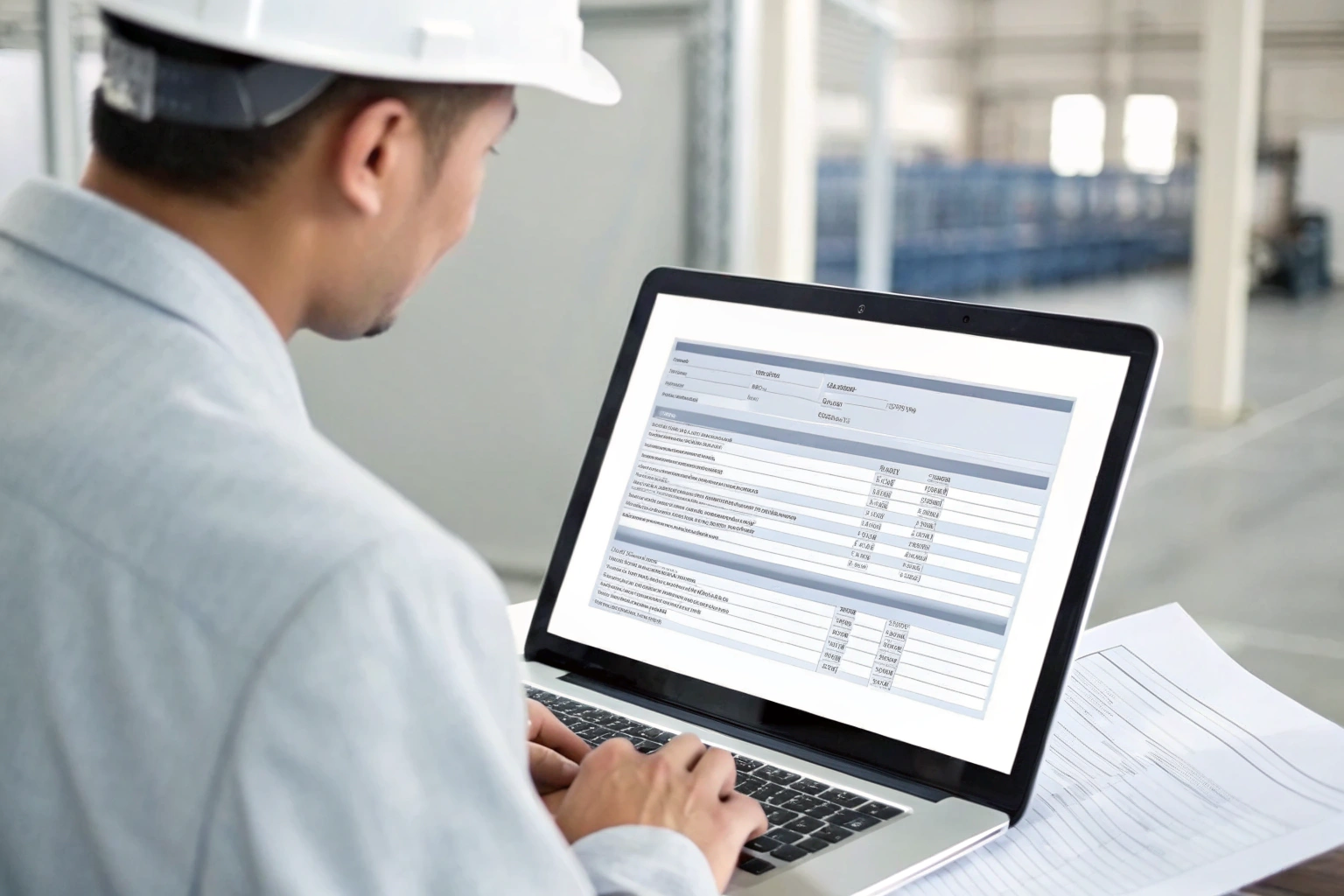
I once ordered metal parts from a factory in Vietnam that claimed to be fully licensed, only to find their business license was inactive—causing customs delays and wasted inspections.
You can verify a Vietnamese factory’s business license by checking official registration records, matching documents against what’s in the public registry, optionally hiring third-party auditors, and knowing red flags of fraud or expired licenses.
If you skip this step, you risk buying from companies that aren’t legally operating, which could lead to contract disputes, customs trouble, or sub-par quality.
What documents prove a supplier is legally registered?
I always ask for several documents before moving forward—just the photocopies are not enough without confirmation.
Key documents to request include: Enterprise Registration Certificate (ERC), Investment Registration Certificate (if applicable), tax registration, legal representative info, business scope, and certified copies of those.

Dive deeper into required documents
| Document | What it should include | Why it matters |
|---|---|---|
| Enterprise Registration Certificate (Giấy chứng nhận Đăng ký Doanh nghiệp) | Company name, registration number, address, legal representative, issue date, status (active/inactive) | Shows official recognition to do business in Vietnam |
| Investment Registration Certificate (IRC) | If foreign invested, shows permission to invest, scope of investment, owning entity | Without this, foreign-ownership/foreign trade could be illegal or restricted |
| Tax Registration / Tax Code | Should match registration number, address, business name | Ensures they pay taxes properly, aligns with legal entity |
| Business Scope | Business lines include metal fabrication, machining, casting etc. | If scope doesn’t include your required operations, they may be misrepresenting their capabilities |
| Legal Representative & Ownership Info | Names of legal representative(s), shareholders, founding date, any recent changes | Helps you know who is responsible; reduces risk of shell-companies |
| Certified Copies & Translations | Notarized/certified copy; English translation if needed | Helps with due diligence; ensures clarity for contracts, import documentation |
Can you check a Vietnamese business license online?
Yes — many official databases allow you to check registration, status, and sometimes more detail.
Vietnam’s National Business Registration Portal 1 (MPI, Ministry of Planning & Investment) lets you check many key details: business name, registration number, address, legal representative, status (active/inactive).

Dive deeper: how to use online verification
- Go to Vietnam’s Enterprise Registration Portal — search by company name or registration/tax code.
- Confirm information matches documents the supplier sends you (address, name, legal representative).
- Check status (active / suspended / dissolved).
- For foreign-invested enterprises, you might also need to verify on provincial Department of Planning & Investment (DPI) 2 site, if the registration was issued there.
Should you hire a third-party to audit licensing?
I consider using third-party verification especially if order size is large, parts are precision critical, or if supplier is new to export.
Hiring a third-party auditor or due-diligence service is strongly advisable for greater assurance—especially for verifying that registration documents are genuine, license status is current, and the factory exists as claimed.

Dive deeper: benefit and how to use third-parties
| What third-party does | What to check / expect |
|---|---|
| Document authentication | Auditor checks license against what the issuing authority holds; confirm not expired, not suspended |
| On-site factory visit | Verifies physical address, facility, operations correspond to what’s claimed |
| Background check | Company history, customer references, previous export records, financial stability |
| Certificate checks | If other certifications claimed (e.g. ISO), third-party verifies those too |
Using agents like SGS 3, Bureau Veritas 4, or local Vietnamese firms that specialize in supplier verification can reduce risk a lot.
What are signs of a fake or expired license?
There are common red flags. I’ve encountered some, and detecting them early saves cost/time.
Watch for mismatches, vague documents, very recent registrations, inability to verify, or refusal to show original docs—these are warning signs that a license might be fake, expired, or misused.

Dive deeper: red flag checklist
| Red Flag | Why it’s a problem |
|---|---|
| Name/address/legal representative on license ≠ what supplier uses | Could be a shell company or trading firm using false documents |
| Registration number or tax code doesn’t show up in national portal | License may be fake or issued incorrectly |
| Issue date very recent, same date as email or quote given | Might be created just for you; no track record |
| Business scope does not include metal fabrication or machining | They may not legally be allowed to do the work you need |
| Supplier refuses to allow third-party verification or factory visit | Might be hiding fake or substandard operations |
| Documents look visibly altered or low quality (bad scan, no seal, inconsistent fonts) | Possible forgery or expired/unofficial copy |
Conclusion
Verifying a factory’s business license in Vietnam is essential for reducing risk. Use official portals, ask for full documents, hire third-party verification when needed, and watch for red flags. Even small oversights can cause large issues in quality, delivery or legality.
Footnotes
1. Vietnam’s official National Business Registration Portal. ↩︎
2. Ministry of Planning & Investment and provincial DPI resources. ↩︎
3. SGS inspection services for supplier and license verification. ↩︎
4. Bureau Veritas supplier inspection and verification services. ↩︎
5. Guide to spotting fake or expired Vietnam business licenses. ↩︎

